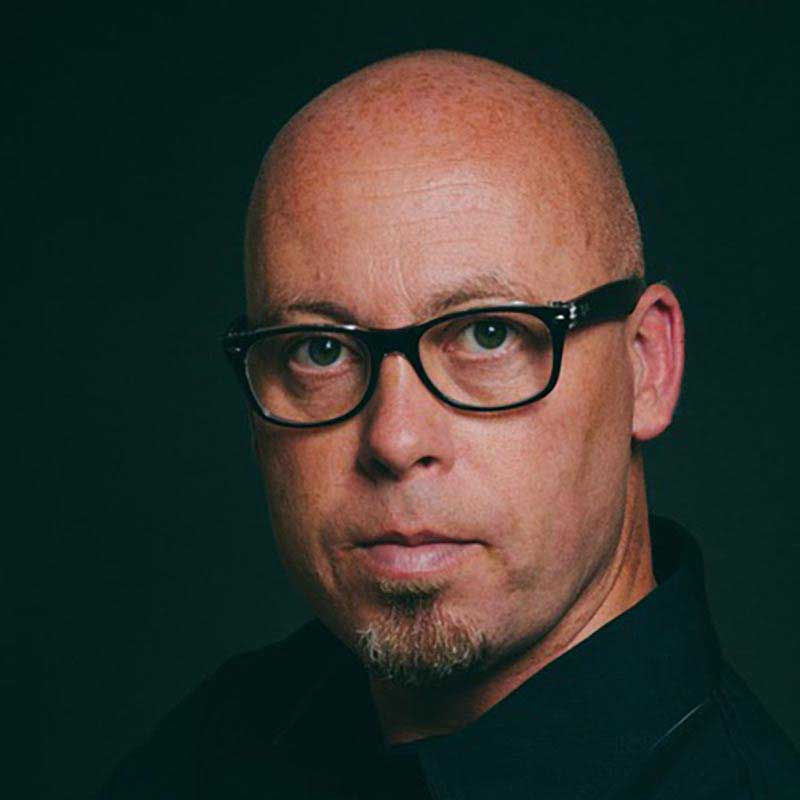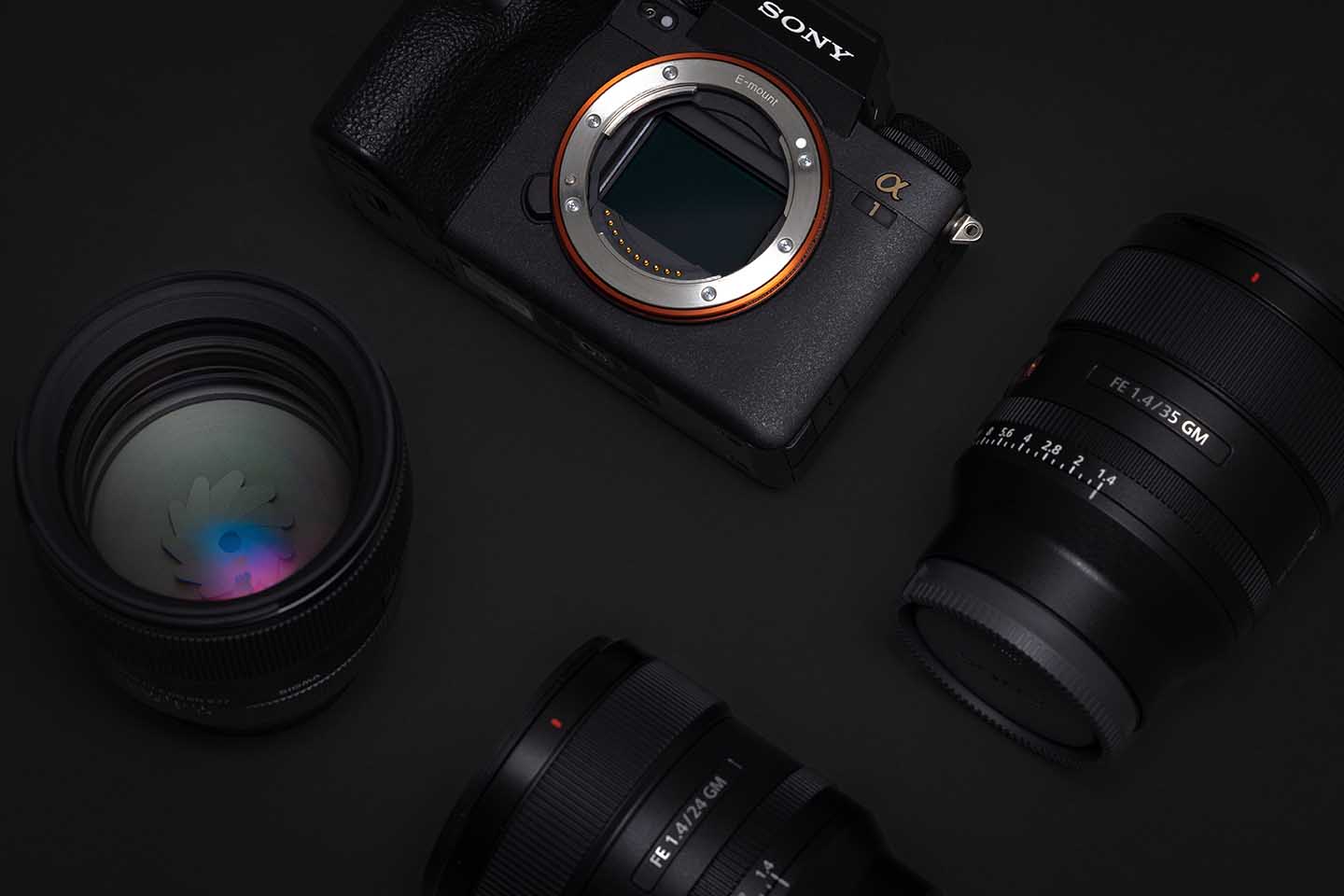[ad_1]
Our series profiling professional photographers and the gear they keep in their kit bag continues. In these articles, sponsored by MPB, and how they know when it’s time to move on to a new camera or lens. Next up, wedding photographer Robert Pugh tells us what go-to gear is always in his kit bag, what gear he has sold over the years and how he knows when it’s time to move on from a camera or lens.
When did you make the leap and become a professional photographer?
I went full time in photography back in 2011. The reason I went full time is that I could no longer sit behind a desk. It was getting too stressful. I was an area manager of a big company, and I was off with stress for a month at one point. I decided that things had to change. I got a phone call from a school asking if I was available to cover a big sporting event. I said yes, and that launched my career to the point where I still shoot all their events to this day. That supplied me with the budget I need to start the business.
What camera are you using right now?
I use the Sony A1. I started life out with Sony and the A99. I liked it, but their hotshoe was a bit of a nightmare to use. I switched to Nikon, but I found the cameras a bit heavy and bulky. So I moved to Olympus and used it for about 8 years, but I felt that I wasn’t getting the depth, the bokeh I wanted. I needed to go back to full-frame. Going into the shop and testing out various cameras, and I ended up back on Sony. I wanted something that is ergonomically comfortable in hand, light and small but still packs a punch.
What is your go-to gear that you keep in your kitbag?
This comes on every single shoot:
- Sony A1
- Sony 50mm f/1.2
- Sigma 85mm f/1.4
- Sony 35mm f/1.4
- Sony 24mm f/1.4
- Profoto A1X flash
- As a backup body, I take another A1. I don’t use it; I’ve only got it with me in case something goes wrong.
How often do you sell your gear?
I don’t keep anything I’m not using. I give a camera three years. I’m a limited company, so it helps with corporation tax. Investing in new gear helps me keep tax down. To be honest, the way technology is advancing, after three years a camera becomes pretty outdated anyway. Sony likes to do this thing where you can have two iterations of a camera in one year. With the pro bodies, they do need to be upgraded to take advantage of new tech like AI. Doesn’t matter if it’s a laptop or camera, you have to keep them updated for processing power.
The problem with the A1 is if you go buy one it’s £6500.
How do you know when it’s time to sell your gear?
I was an Olympus Ambassador for 8 years and they supplied the cameras and lenses. So I was spoiled where I didn’t need to sell or buy anything. I got all the latest cameras and lenses. That was a real blessing. And I was under contract so had to use their gear. I wanted to branch out though so eventually invested my money in a Sony system.

“That’s a lot of money just to be sitting in a bag! It’s not earning you anything.”
I know people who hold on to all their lenses, and I’ve done workshops where people come out and they have all the gear. People say, Well I might need it. But in the last month, there’s usually just a small group of kit that they use. That’s a lot of money just to be sitting in a bag! It’s not earning you anything. I feel like a camera and lens have to earn their way into your kit bag, otherwise I can invest that money into new equipment.
How do you make sure the next gear you purchase is right for your needs?
It’s a bit easier for me because I really only shoot with three lenses across the board. 35mm for all documentary. 50mm for close up detail. 85mm for headshots. My whole career has been with those lenses. I don’t like zooms. I feel they make you lazy and you’ll probably take six types of shots from one position. With a prime you zoom with your feet and find better angles by moving around.
What’s your advice for new photographers who might be looking to sell their beginner gear?
My biggest advice is don’t rush into anything. All these camera shops are more than happy to help you make the right choice. Go to shows and get hands on with cameras. Try various brands and see what the difference are and what system of lenses they offer. Don’t make an impulse buy. The worst is that you follow a photographer on YouTube and he shoots with a camera that you buy and it’s not right for you. Utilise the camera shows to try before you buy.
[ad_2]
